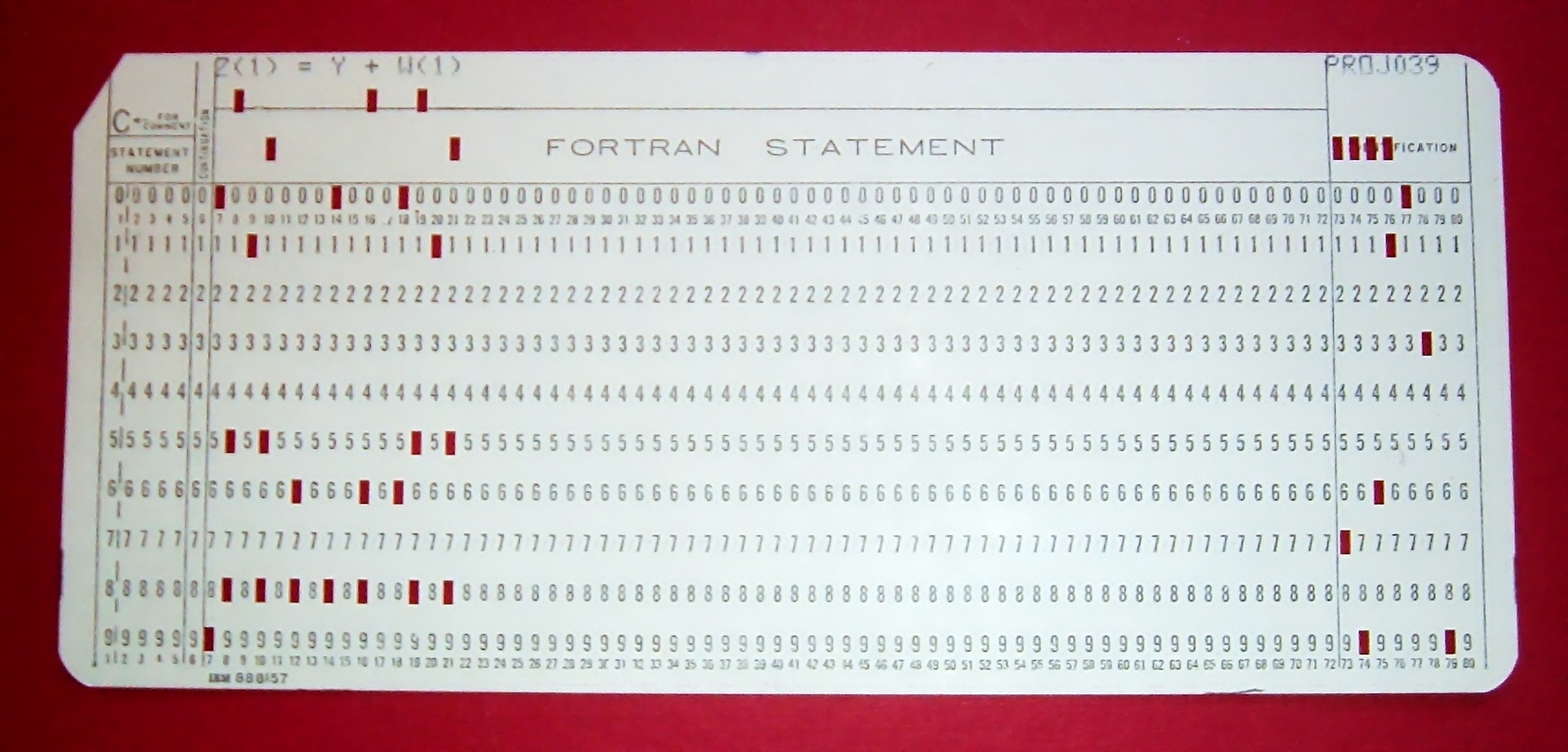For the past twenty years working in the Finance field there has been one reoccurring pet peeve that shows up consistently; Finance and Accounting departments using Excel as the number one place to store data. Large corporations, small businesses. Mom-and-Pop shops, it doesn’t matter. I will invariably run into data being stored in various folders inside of Excel or CSV files, both inside of employee’s individual work folders, or in large dumping grounds without any type of architecture or mapping system. Not only does this cause incredible storage issues and data redundancy, there is often no one file that is the same as the other, thereby making the data effectively useless. Data silos always, always eventually hurt.
My first suggestion, as the majority of these businesses are Windows reliant, is to use Access. MS Access is, for better or worse, the standard for data storage when a business is without a proper ERP system. Now, there are a number of strikes against Access if not implemented properly. The major issue is that it can be layered behind various forms, run into major version control issues, can get very clunky, and, like any other data system, can fragment and become unusable if not maintained properly (geared towards network data files versus proper SQL). The pros are that all of these issues are very easily mitigated with some basic control standards that can be implemented from the get-go. Single relatable data tables, standard data formatting (because everyone loves getting dates in as text…), and an approval process for any Visual Basic code modules built. The easiest way to do this is to bring in your IT department prior to starting anything so that there can be a departmentally external overview of the process, to ensure that backups are scheduled, and new releases properly documented. When things go south there is nothing in this world that feels better than to know you have an accurate change log to reference.
Of course, even better than Access (by far) is to have a reliable ERP system. The problem with ERP’s are always the cost. The cheaper the system, the more issues and support you will need. I worked with a company once that bought a great looking ERP on paper that was, for all intensive purposes, unusable. It was a constant struggle to have the outsourced programmers get anything done, and when they did the changes were sometimes counterproductive, since the supporting company had no idea how the business actually worked. It all ended in tears.
Regardless, when a new system is implemented, the major issue I have always found is employee acceptance. Accounting people get very attached to Excel, since it is fairly easy to use if kept in its base form, and hasn’t significantly changed at that form for many years. In most cases, these dissenters win the argument with management, and the company keeps on with how it’s always maintained data. That is until some numbers start being reported incorrectly and no one can trace down the responsible numbers. Worse than that, of course, is the Dreaded Audit. There’s nothing like giving your external auditors different data sets and the resultant scorning of your records keeping system with years of Excel sheets to sort through.
As stated, it is management’s responsibility to the company to implement proper data storage, but that is always easier said than done. Employee pushback justification from management, however biased, is usually associated with older employees who have worked with Excel for so long that they cannot learn any other system. I can say from experience this is just an excuse, and can be laid at the door of incompetence versus experience. Age is never a real factor. Your employees that cannot learn new systems are having issues due to their skill level, not their age. My mother started in data using actual keypunch machines, and learned new systems for the next forty years until she was into her seventies.

I never heard that “this new system is too complicated”, only if it worked or not. If it did work then there was nothing but praise for how much easier it made things at her job.
Sorry this came off more of a rant than an article, but if just one business leader begins to understand that Excel is not their data storage solution. If you need help implementing or looking over your current Finance data, feel free to drop us a line for help (yes, that’s what they call a shameless plug).